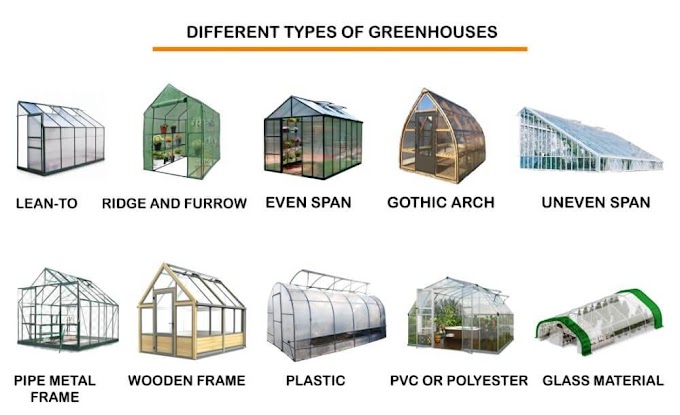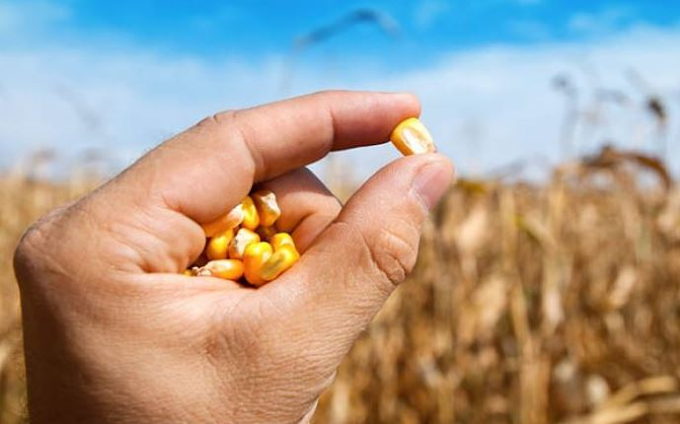Pradhan Mantri Matsya Sampada Yojana (PMMSY)
The Pradhan
Mantri Matsya Sampada Yojana (PMMSY) was launched in September 2020 with an aim to double
the income of fish farmers and fishers in the country. It focuses on
sustainable development of India’s fisheries sector and is a part of the Atmanirbhar Bharat scheme.
The scheme adopted a “cluster or area-based approach” to create fisheries clusters. The
scheme focuses on activities with potential to generate employment such as
seaweed and ornamental fish cultivation. It also emphasizes on the breeding
technique for quality brood, seed & feed and species diversification.
With implementation of the scheme, the government aims
to help reduce post-harvest loss from 20–25%
to 10%, double the incomes of fishers and fish farmers and generate an additional 55 lakhs direct and indirect
employment opportunities.
Key targets of the Pradhan Mantri Matsya Sampada
Yojana are as follows
Increasing fish production from 13.75 million metric tons in 2018-19 to 22 million metric tons by
2024-25
Improving aquaculture productivity from 3 tons per hectare to 5 tons per hectare
Enhancing domestic fish consumption from 5 kg to 12 kg per capita
Increasing contribution of the fisheries sector to the
Agriculture GVA from 7.28% in 2018-19 to
about 9% by 2024-25
Doubling export revenue from Rs. 46,589 crore (US$ 6.37 billion) in 2018-19 to Rs. 100,000 crore
(US$ 13.68 billion) by 2024-25.
Reducing post-harvest losses to about 10%
Creating 55
lakh direct and indirect employment opportunities across the value chain.
Fisheries and aquaculture play an important role in
food, nutrition, employment and income in India. The sector employs ~16 million fish farmers and fishers at
the primary level and almost twice the number along the value chain. The
fisheries sector accounted for 1.24% of
the national GVA (gross value added) and 7.28% of agriculture GVA in 2018-19. As per the department of
fisheries, marine fishing resources are estimated at 4.41 million tons and its activities extend along 8,118 kms of the country’s coastline.
To improve fish production, it was important to conduct integrated fish farming
and diversify fish production in areas such as old water, river and brackish
water fishery.
To facilitate an enabling environment for
comprehensive development of the full potential of the country’s fisheries, the
government introduced the ‘Blue
Revolution’ for a period of five years (2015-16 to 2019-20). The ‘Blue
Revolution’ helped enhance local fish production from 10.26 MMT (million metric tonnes) in FY15 to 13.75 MMT in FY19. Fish productivity increased from 2.3 tonnes per hectare in FY15 to 3.3
tonnes per hectare in FY19.
Further, the fisheries sector has been a major
contributor to foreign exchange earnings, with India being one of the world's
leading seafood exporters. In FY19, marine products export earnings stood at Rs. 465.89 billion (US$ 6.73 billion),
driven by rapid development of the brackish water aquaculture. In FY20,
aquaculture products accounted for 70–75%
of the country's total fishery exports.
Further development of the country’s fishery sector
presents a great opportunity for fish farmers to generate more income, increase
fish production and enhance exports and thereby, drive the country's economic
growth.
In line with this, recognizing the huge potential in
this sector, the Indian government launched PMMSY in September 2020 and allocated funds worth Rs. 20,050 crore (US$ 2.74 billion) for a period of five years
(from FY21 to FY25) for overall development of the country’s fisheries.
Funding
plan
PMMSY will be implemented with the following funding plan:
Central
Sector Scheme: The entire
scheme cost will be borne by the central govt. Also, in cases of direct
beneficiary-oriented activities undertaken by central government entities such
as the NFDB, central assistance will be up to 40% of the project cost for the general category and 60% for the
SC/ST/women category.
Centrally
Sponsored Scheme (CSS): In case
of CSS components and subcomponents implemented by the states/UTs, the entire
project cost will be shared between the center and state.
|
Total |
Centre Share |
State Share |
Beneficiary Share |
|
|
(A) Central Sector Scheme |
Rs. 1,720 crore |
Rs. 1,720 crore (US$ 235.24 million) |
- |
- |
|
(B) Centrally Sponsored Scheme (CSS) |
Rs. 18,330 crore |
Rs. 7,687 crore |
Rs. 4,880 crore |
Rs. 5,763 crore |
|
1.
Beneficiary-
oriented activities |
Rs. 11,990 crore |
Rs. 3,878 crore (US$ 530.38 million) |
Rs. 2,349 crore |
|
|
2.
Non-beneficiary-
oriented activities |
Rs. 6,340 crore |
Rs. 3,809 crore |
Rs. 2,531 crore |
|
|
Total (A)+(B) |
Rs. 20,050 crore |
Rs. 9,407 crore |
Rs. 4,880 crore |
Rs. 5,763 crore |
Key developments
In FY20, institutes such as the Central Institute of
Fisheries Nautical & Engineering Training (CIFNET) expanded its mission to
train fishermen from the coastal states and union territories through a
capacity building training Programme under the PMMSY.
In March 2021, Guru
Angad Dev Veterinary and Animal Sciences University became the first Indian
university to receive fishery project funds under the PMMSY worth Rs. 139.05 lakh (US$ 190.40 thousand)
to promote low-density intensive aquaculture technologies in the region through
integrated modules for research, demonstration and skills development, such as
the circulating aquaculture system (RAS) and Biofloc aquaculture.
As part of other developments in the Indian fisheries
sector, in April 2021, Manipur’s State
Fisheries Minister, Mr. S. Rajen Singh, announced that fish farms
maintained by the state government will be leased to interested fish farmers in
a public-private partnership (PPP) model to provide employment and income
opportunity in the state.
PM MATSYA
SAMPADA YOJANA: The Progress so far
As of January 2021, proposals with an outlay of Rs. 6,567.20 crore (US$ 898.17 million) were received from various
states/UTs. Project proposals with a total outlay of Rs. 2,309.08 crore (US$ 315.80 million) have already been approved.
The PMMSY scheme is anticipated to have impacted ~800,000 employment and beneficiaries
across the country.
The government proposed mega investments to strengthen
fishing ports and landing centers for healthy fish management and reduction of
post-harvest erosion, high cost, etc. The government allocated funds worth ~Rs. 7,700 crore (US$ 1.05 billion) on fisheries infrastructure such as deep-sea
vessels and for building an integrated laboratory network for diagnostic and
quality testing.







No comments:
Post a Comment